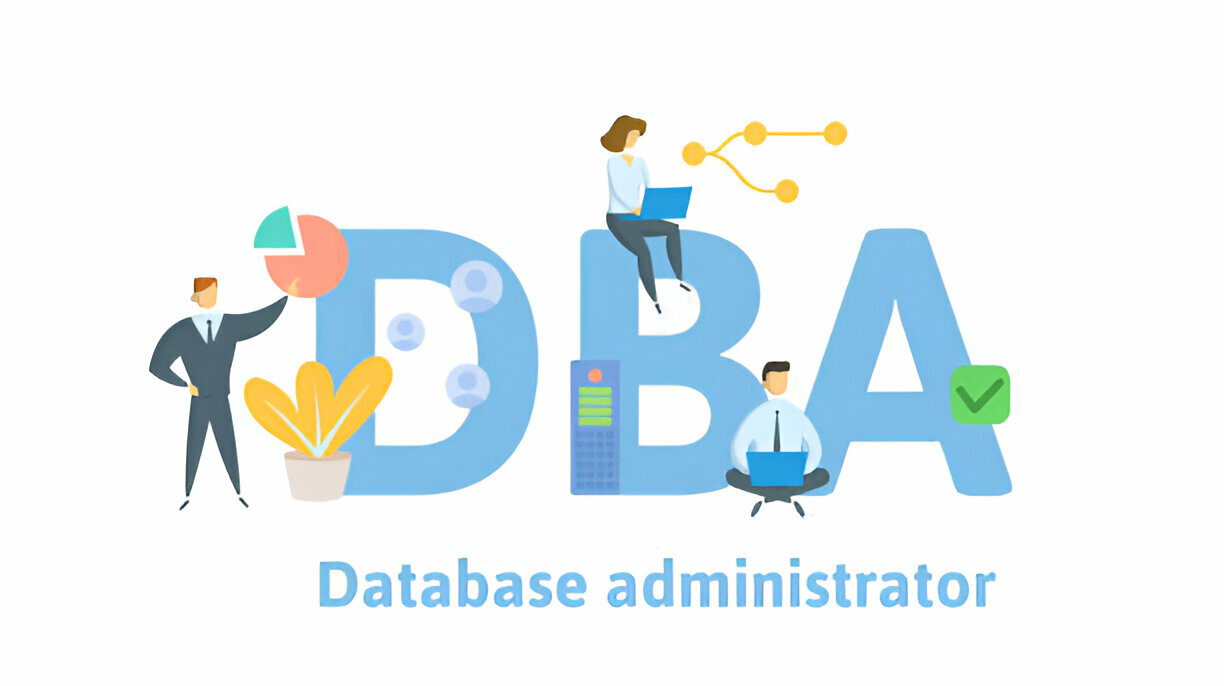Relational Database Administration (DBA) involves the management, maintenance, and optimization of relational database systems. As a DBA, your responsibilities encompass various critical tasks to ensure the smooth operation of database environments, which are essential for the performance and reliability of applications that rely on these databases. Here’s an overview of key aspects involved in DBA:
Key Responsibilities of a DBA
- Installation and Configuration:
- Install and configure database management systems (DBMS) like MySQL, PostgreSQL, Oracle, or SQL Server.
- Set up databases, schemas, tables, indexes, and other database objects.
- Database Design:
- Work with application developers and system architects to design database schemas.
- Ensure normalization and data integrity.
- Implementing appropriate indexing strategies to optimize query performance.
- Performance Tuning:
- Use performance monitoring tools and techniques to identify bottlenecks.
- Adjust database configurations, such as memory allocation and cache sizes.
- Security Management:
- Implement robust security measures to protect data.
- Manage user roles and permissions.
- Ensure compliance with regulatory requirements for data security and privacy.
- Backup and Recovery:
- Develop and implement backup strategies to ensure data can be restored in case of failure.
- Regularly test backup and recovery processes to ensure reliability.
- Maintain disaster recovery plans and procedures.
- Data Integrity and Quality:
- Ensure the accuracy and consistency of data within the database.
- Implement and enforce data validation rules and constraints.
- Maintenance and Updates:
- Perform regular maintenance tasks such as updating DBMS software, applying patches, and upgrading hardware.
- Schedule and manage routine maintenance windows to minimize downtime.
- Monitoring and Troubleshooting:
- Set up monitoring tools to keep an eye on database health and performance.
- Quickly diagnose and resolve issues such as connectivity problems, slow queries, and application errors.
- Analyze logs and use diagnostic tools to track down the root causes of issues.
- Documentation and Reporting:
- Generate reports on database performance, usage, and other metrics for stakeholders.
Skills and Tools for a DBA
- Technical Skills:
- Proficiency in SQL and PL/SQL.
- Knowledge of DBMS software (e.g., Oracle, MySQL, PostgreSQL, Microsoft SQL Server).
- Familiarity with operating systems (e.g., Linux, Windows).
- Tools and Utilities:
- Backup and recovery tools.
- Performance tuning tools (e.g., Oracle AWR, SQL Profiler).
- Soft Skills:
- Problem-solving and analytical skills.
- Strong attention to detail.
- Good communication skills to interact with development teams and stakeholders.
Best Practices for DBAs
- Regular Backups: Ensure that backups are performed regularly and tested periodically.
- Proactive Monitoring: Use automated tools to monitor database performance and health.
- Documentation: Keep comprehensive and up-to-date documentation of all database-related activities.
- Security: Regularly review and update security protocols to protect data.
- Training and Certification: Stay updated with the latest technologies and best practices through continuous learning and certifications.
